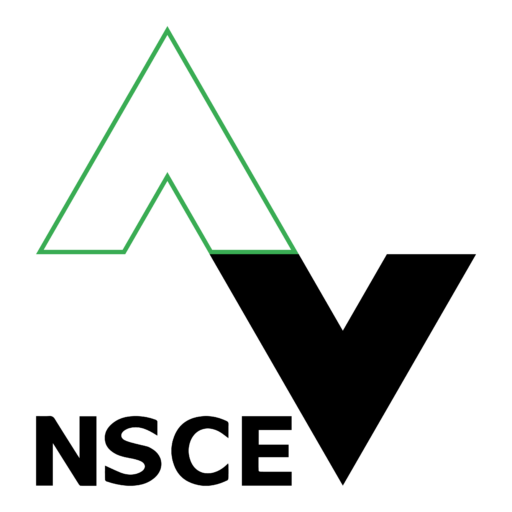Rehabilitation, maintenance and construction of water and sanitation facilities, especially in rural communities.
Description
UNICEF has been cooperating with the Government of Sudan through its Water, Sanitation & Hygiene Programme (WASH) by supporting the rehabilitation, maintenance and construction of water and sanitation facilities, especially in rural communities.
In addition to physical improvements in the water and sanitation sector, WASH also supports improvements in personal and household hygiene through public awareness campaigns and training of local hygiene promoters and social mobilizers to increase the effectiveness and sustainability of awareness‐raising on a grassroots level.
The establishment of schools and health centres is also an integral part of the WASH Programme that ensures the application of a holistic approach to tackling disease and illness in underdeveloped communities.
Although WASH related projects have been evaluated on several occasions from since 2000 and onwards, no comprehensive programme evaluation has been carried out since 1998. An overall evaluation of the WASH Programme is however urgently needed to ascertain whether the objectives and results of the Programme have been achieved in a satisfactory way or not and to guide the future direction of the Programme through evaluating its successes, lessons learnt and possible shortcomings spanning the Programme duration from 2002 until mid‐2010.
Therefore, NSCE was given the task of conducting a full evaluation of UNICEF’s WASH programme during the period of 2002-2010 to ultimately provide UNICEF with lessons learned and best practices from the last eight years of the WASH Programme implementation in Sudan. The evaluation relied upon an extensive desk review of secondary data, a large-scale household survey in six states in Sudan comprising rural communities and IDP camps, focus group discussions, key informant interviews, and technical observations through field visits to relevant locations.
The overall goal of this evaluation is to examine to what extent the objectives and results of the WASH Programme have been achieved over the last eight years, with a special focus on the past year (2009‐2010) where possible and relevant, with the aim of drawing out lessons learned and identifying success stories and areas for improving the programme’s efficiency, effectiveness, sustainability, and adherence to a human‐rights based approach.
Services
Project Management
- Develop project operational plan
- Monitoring progress and quality
Implementation
- Collect and review all project relevant documents
- Design evaluation questions, research tools and report outline
Field work
- Design training programme
- Implement training
- Conduct field visits to relevant sites including households, schools, and health centers in rural communities and IDP camps.
- Manage the field data collection in six states.
Final Reporting
- Extensive statistical analysis of the quantitative data results;
- Tabulation and interpretation of the qualitative data results;
- Reporting on and presenting the evaluation outcome.
See also Resource: WASH Programme Evaluation

